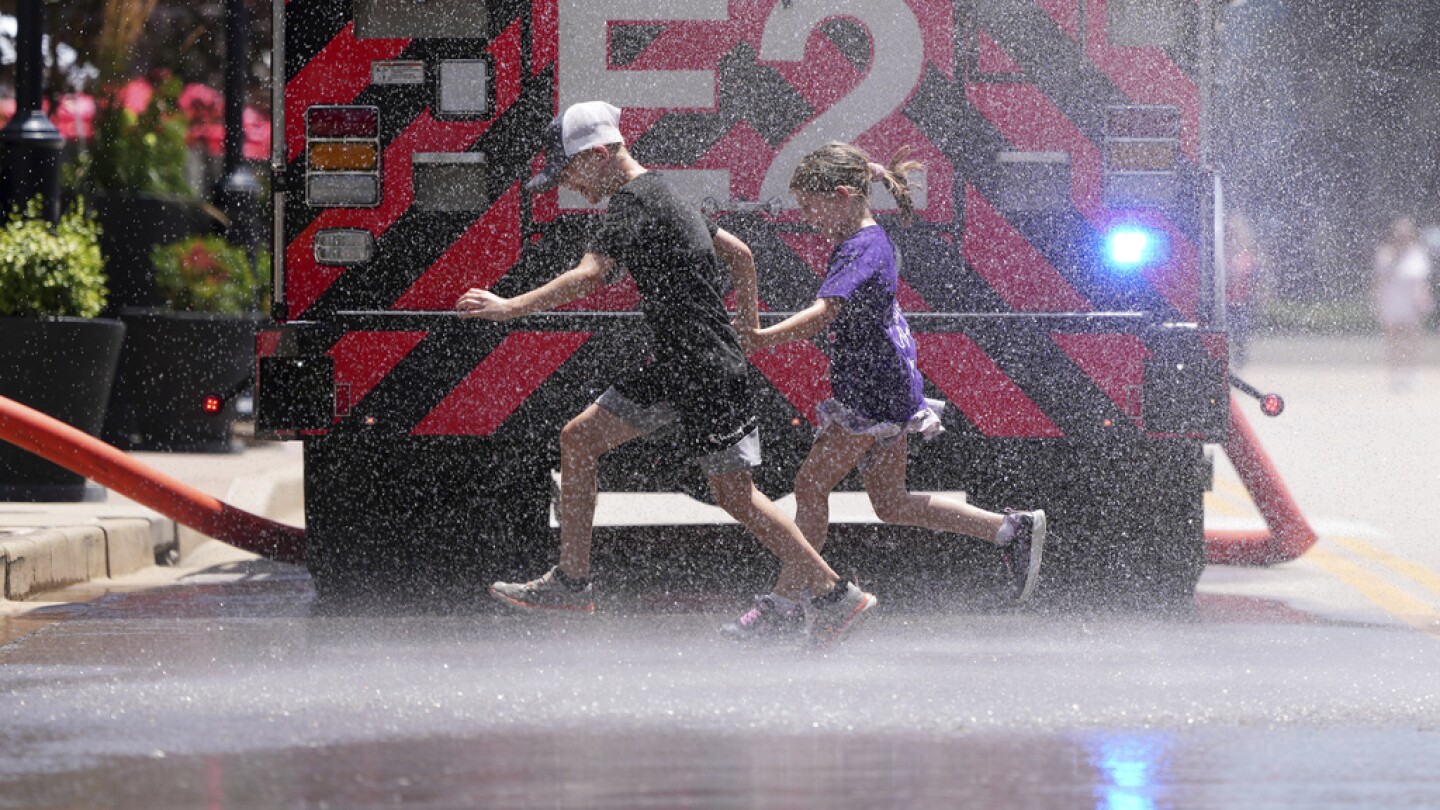Global climate change impacts on temperature and precipitation are influencing the frequency of extreme climatic events and requiring large-scale emergency preparedness and response in the U.S.
From hurricanes to tornadoes to wildfires, communities are experiencing immediate danger to long-term public health threats. This series explores how the fire service can incorporate climate science to prepare for and mitigate future disasters.
As triple-digit heat scorches the Eastern U.S., cities are seeing record highs, overwhelmed utilities, and a surge in heat-related illnesses
As you ready yourself and your community for a heatwave, keep these tips in mind
Fire officials said the brush fire in Berlin was expected to take many days to contain
The expanding wildland-urban interface means tree fires pose an even greater risk to city and residential fire crews
Lessons learned from past storms and preparations for Hurricane Hilary played a part in having zero fatalities
Understanding the impact of extreme weather on first responders can help departments better prepare for major incidents
Shoring up your incident management capabilities for extreme weather events
Extreme weather events prompt a fresh look at the roles of firefighters in preparation, response, mitigation and recovery
Deputy Chief Rich Elliot details the IAFC’s Wildland Fire Policy Committee efforts to connect resources in preventing and mitigating wildland risk reduction
Lee County, Alabama, emergency management director addresses how fire departments can prepare for the increased severity of tornado events
Key considerations related to disaster response, training, infrastructure, policy and recovery efforts
IAFC President Dan Eggleston testifies to House of Representatives subcommittee about the impact of changing climate on the fire service
Prepare infrastructure and resources, engage with policymakers and understand the risks of wildfire, flooding and extreme weather events
MOST POPULAR
- Revisiting the 4 roles of firefighters in disasters
- 9 extreme heat safety tips for public safety personnel
- Video: Tree fire extends to apartment complex
- Q&A: Understanding the impact climate change has on the fire service, communities they serve
- Prioritizing disaster planning supports first responders
















